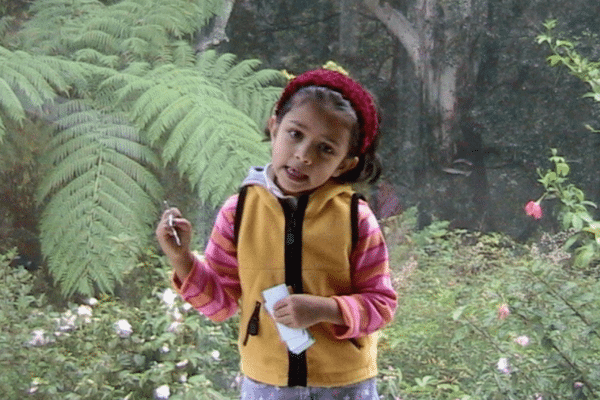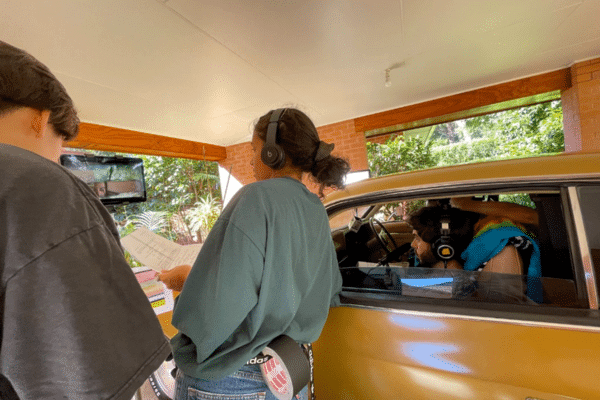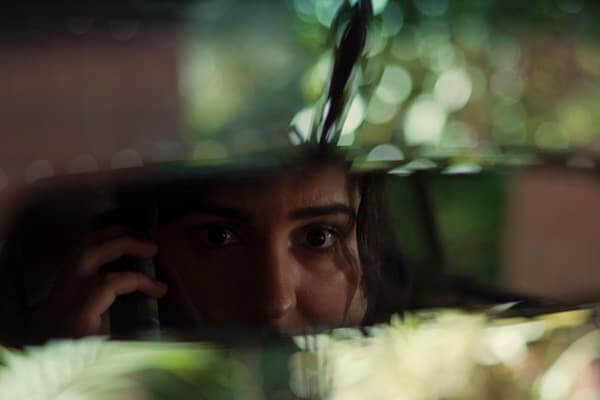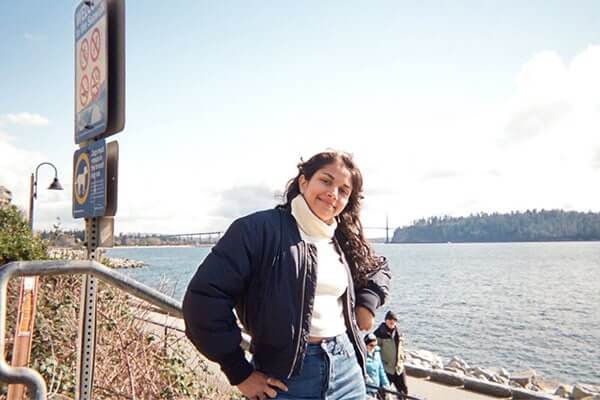Growing up, I felt I had to do everything in my power to distract from the fact I was Indian to fit in and be accepted. I was raised in one of the least diverse neighbourhoods in Sydney and I went to an all-girls school where South Asian kids were just a drop in a very white ocean.
I grew up in the age of Gossip Girls, Friends, Cinderella, Snow White and John Tucker Must Die – sitcoms and teen rom-coms where the leads were always white. As much as I loved watching them, doing so slowly but surely convinced my brain that only white girls are attractive and find love, and only the stories of white people matter.
Nobody who looked like me was a main character. Princess Mia from The Princess Diaries had to straighten her curly hair, which looked like my natural hair, before she was considered beautiful.
It felt like Asian people didn’t exist in the stories being told, and on the occasion that they did they were portrayed as nerds, the two-dimensional comic relief.

Without knowing it, I internalised this lack of representation as three core lessons:
- I am unattractive BECAUSE I am Indian.
- I am invisible to most people, especially boys.
- I need to change my appearance and behaviour to mitigate lessons 1 & 2.
I applied these lessons in my everyday life, shaving the hair off my arms so people wouldn’t call me hairy, incessantly straightening my curly hair, exercising an unhealthy amount and asking my parents for bland sandwiches rather than a leftover curry to take to school.
It got to a point where my hair was so dry and dead from using a straightener. I had to go to the hairdresser and get an involuntary bob cut just so a brush could run through my hair again without getting caught and ripping it out.
Fast forward to the young adult years and the emergence of dating apps and college culture. I went from feeling like the unlovable little brown girl to the overly sexualised, exotic object of nothing more than a fetish.
From pick-up lines on dating apps like “you are so exotic” to “you’re lucky my favourite flavour is chocolate” and magazines only showing South Asian women lathered in oil in the middle of the jungle, it felt like my two options were, be unlovable or feel violated.

A girl at school came up and told me “I love your skin,” before talking about how she wanted her fake tan to look. It didn’t feel like a compliment; it felt like she wanted to wear me as a jacket. Something seemed wrong about the fact that she could spray on my skin colour and feel comfortable, safe, and confident. I couldn’t feel any of those things simply because the colour on me was real and would never wash off with soap and water.
My Indianness felt like a hindrance across the board.
As I got older I started to learn more about my culture and appreciate it more. This stemmed from learning more about the journey my parents went on and travelling to India multiple times which made their stories more tangible. I vocalised the insecurities I had with my friends and family and learnt their experiences were so similar. We were all feeling the same emotions but felt isolated in them.
Years of frustration and insecurity changed into action when I realised I wasn’t alone. This loneliness exacerbated the problem, so I’m making this film. I felt that it was unjust to harbour hatred for something that is so innate to who I am and the history of my family. I actively wanted to put in the work to love myself more.

I believe the story of discovering the third option deserves to be told. Years of never seeing people like me in pop culture and never feeling represented motivated me to reclaim agency by making films. The next generations must grow up feeling empowered by how they are represented in the media, rather than belittled or ignored.
My dark comedy short film titled I’d Never Date An Indian Girl explores the internalisation of western beauty standards and microaggressions experienced by South Asians in Australia. The protagonist represents all the experiences that made us feel alone. As much as it is a story about empathy and pain, it is also a story of strength and discovering who you are beyond society’s labels.
We are currently in pre-production for this film and are raising money through a crowdfunding campaign.
Donations will help pay all production costs necessary to bring this project to life. Set to be filmed in the middle of 2023 and finished at the end of 2023, we hope to take this film to domestic and international festivals over the course of 2024 to showcase this impactful story and the work of a female, CaLD-led crew.
I aim to celebrate the work myself and many people of colour have put into unlearning internalised otherness to embrace our true beauty. I wish it was a film I could show my younger self and let her know that she is not invisible, she is so much more than the small things she feels defined by, she is a force.




